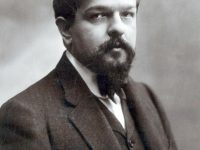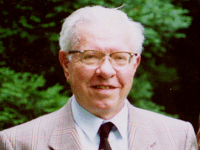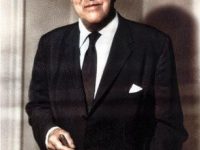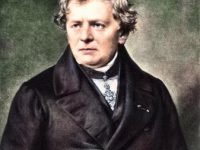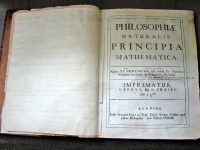James van Allen and the Weather in Space
On September 7, 1914, astrophysicist and space pioneer Dr. James Van Allen was born. The Van Allen radiation belts were named after him, following the 1958 satellite missions (Explorer 1 and Explorer 3) in which Van Allen had argued that a Geiger counter should be used to detect charged particles. “Apparently, something happens on the sun. It sends out a burst of gases. The reservoirs above our earth shake like a bowl…
Read more



